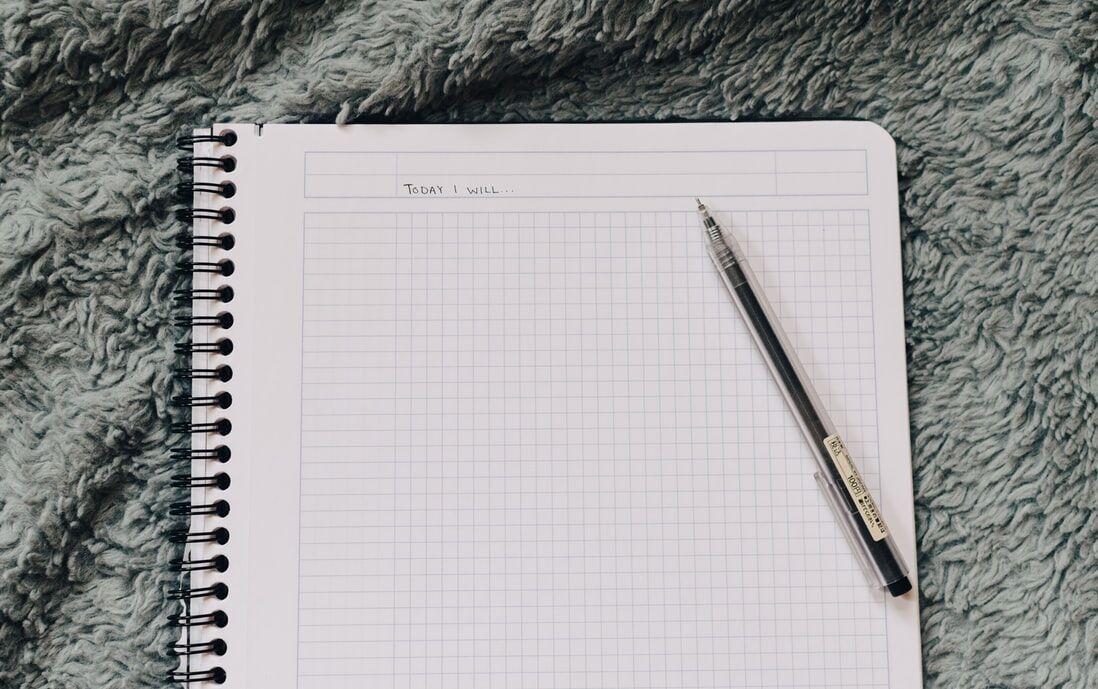This past March, as global disaster loomed on the horizon and many of us began to realize the next few months would be spent behind closed doors, I had become convinced of the unique opportunity with which we were being presented.
Later that spring I published an article explaining that I intended to make the best of my quarantine experience by embarking on a journey of unprecedented productivity.
Unfettered by the supposed distractions of the outside world, I fantasized, pandemic life would be somewhat monastic in nature, marked by early mornings, late nights and steady work in between. I would finally read the books and watch the movies I’d always been meaning to get around to, lock in a serious health routine and work on personal projects that had been sitting on the back-burner for years.
I wasn’t the only one who viewed the shutdown as an opportunity for growth. This narrative that seemed to permeate much of the public discourse; how such sudden emergence of surplus time — time which was often disorganized, and ridden with anxiety — might be harnessed and transformed into something positive.
As many of us quickly began to realize, however, the battle against existential boredom, slothful complacency and omnipresent distractions amid such vast swathes of unbridled time was not to be so easily won.
To my surprise and disappointment, quarantine turned out to be an especially unproductive time for me. Despite my desperation to live up to the goals I’d set for myself, I found this era in my life blanketed with a sort of oppressive, paralyzing malaise which made any substantial amount of intellectual labor nearly impossible.
I believe this mental paralysis is caused by the intense strain extensive isolation places on certain aspects of our human nature, which pits us as active, social creatures, paired with the distinctly contemporary problem of digital over-stimulation and the sedative effect it seems to have on our psyche.
I had severely miscalculated the extent to which things like physical movement and social interaction influence the will to be productive. There’s something about getting dressed, grabbing breakfast and strolling through campus which has the natural ability to propel us through even the most eventful days.
Long intervals in isolation only felt suffocating and drowsy and made it a struggle to gather any meaningful traction or jumping-off point from which to work. In these instances, the instant gratification I gained from browsing social media and online streaming services proved to be an especially deadly vice, throwing me down a rabbit hole of procrastination.
None of this seems to bode well for those of us taking all-online classes this semester.
Perhaps a new, revised version of my initial quest for quarantine productivity is in order. After all, I was right to envision working during quarantine along the lines of monastic life; I’d only failed to follow the analogy to its logical conclusion.
Now I understand: in order to do the work of a monk, you must act like one as well. If there’s anything to be gained from this quarantine, perhaps it is not so much the fruit of productivity but the self-discipline one finds in the process of making productivity possible.
Evan Leonhard is a 19-year-old English and Philosophy sophomore from New Orleans, Louisiana
Opinion: Why staying productive in quarantine remains a struggle
August 24, 2020





